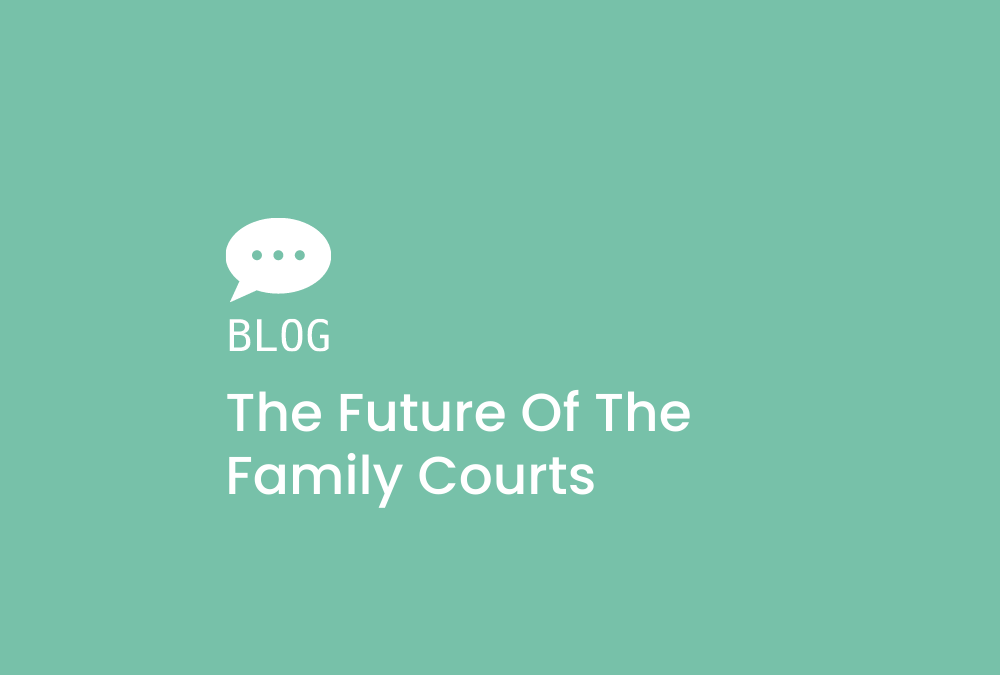The current challenging and unprecedented circumstances brought about by the Covid-19 pandemic which the Family Courts are facing have thrown into question how the Courts will be able to continue to function effectively going forward. Whilst movements towards more online procedures and processes were already taking place prior to the pandemic, for example, the online divorce portal and pilot schemes in respect of financial remedy, the Court system has now had to act fast to devise ways for hearings to be able to take place remotely to ensure the safety of the users and staff of the Court system.
On 23rd March 2020, Mr Justice Macdonald issued a comprehensive paper as to the considerations that are likely to be faced whilst trying to establish holding remote hearings as a default position and protocols that can be implemented in the meantime whilst any problems are being resolved – a copy of the full paper can be accessed by clicking here .
Whilst the challenges and difficulties of establishing remote Courts are being considered as a matter of urgency, Mr Justice Macdonald puts forward a suggested protocol for remote hearings to be followed in the interim at Appendix 1 of the paper. The key points of the protocol are as follows: –
- By way of default position, all Family Court hearings should be conducted remotely by way of telephone conference or other electronic communications platform however the Court’s permission is still required in order for the hearing to proceed remotely (the default position does not necessarily mean that ‘live hearings’ are not possible where they can be achieved safely and a separate protocol in relation to this can be found at Appendix 2 of the paper);
- Whether a hearing is suitable to be dealt with remotely will be considered with on a case by case basis;
- Parties must consider and agree on the communication platform that will be used for the remote hearing as there is no intention to prescribe this;
- It is important for the parties to identify the issues at hand and try to narrow the ones that need to be dealt with at the hearing whenever possible;
- A preliminary hearing is vital where all or part of the proceedings should be dealt with remotely. The purpose of the hearing, which may be necessary to take place by telephone, is to consider and make a decision as to the communication platform which should be used and to identify a lead party.
- It is for the lead party to liaise with the Court and provide details to all parties required to attend the remote hearing no later than 24 hours before the hearing is scheduled.
- An agreed bundle which meets the stipulated protocol requirements must be prepared by somebody with “adequate knowledge of the case” and sent to court electronically either via CE-file or via a cloud-based link rather than email.
- If the hearing involves oral evidence from a witness, the witness should be provided with the documents they would need to refer to, well in advance.
- Consideration must be given when a case requires an interpreter and how this will be able to be facilitated; and
- The lead party, or the Court if neither party is represented, that has organised the remote hearing, is to take responsibility for the recording of the hearing after which the recording will be uploaded to cloud based storage provision.
Mr Justice MacDonald’s paper raises several questions and potential issues that the Family Court is likely to face when embarking upon moving towards a remote Family Court. Ultimately this is a rapidly changing situation and it is expected and hoped that the guidance will accordingly be updated as and when solutions are found to the potential issues highlighted and where further guidance can be offered. It certainly won’t be a straightforward task without its hurdles along the way, however, the guidance so far does offer a glimpse of what we can expect from the Family Court moving forward.
Consilia Legal are Family Solicitors in Leeds, please contact to discuss family law and family court legal matters.

